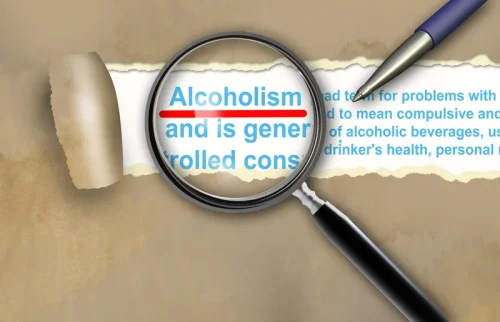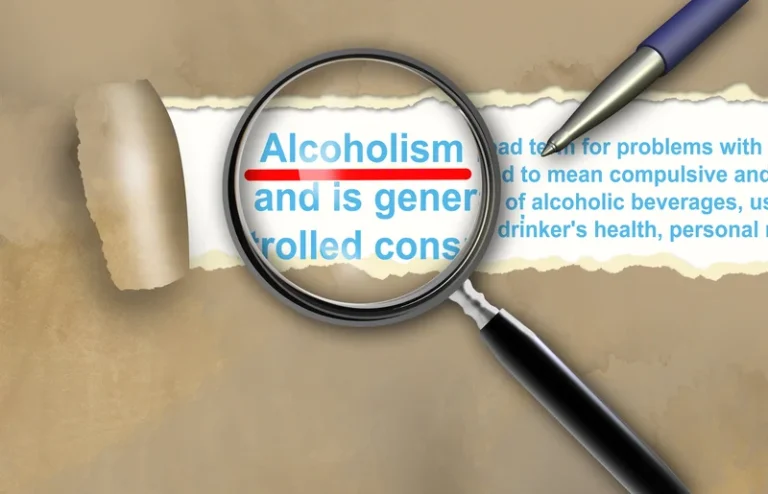
Cardiomyopathy is a heart disease that intensifies in nature and when it is https://ecosoberhouse.com/ induced due to heavy alcohol use, it is referred to as alcoholic cardiomyopathy. The immediate aftermath of this is the weakening of the heart and related structures, reduced blood supply throughout the body, and failure to maintain a normal and steady electrical rhythm. With time, diagnosed individuals will start showing signs of severe fatigue as well as shortness of breath that will ultimately lead to failure of both sides of the heart. The initial line of treatment and management is towards symptomatic relief that is presented by the diagnosed patient.
Laboratory Studies

For instance, if you suffer from severe heart failure, a heart transplant or the installation of a pacemaker may be considered. In severe cases, when lifestyle modifications and medications don’t show significant improvement, advanced interventions might be needed. Doctors may perform a right heart catheterization to measure pressure in the pulmonary arteries.

The Effects of Ethanol on the Heart: Alcoholic Cardiomyopathy

Some individuals may be more susceptible to the condition due to their genetic makeup, while others could be influenced by various environmental factors affecting their overall health. Remember, avoiding excessive alcohol consumption is key to reducing your risk of developing alcoholic cardiomyopathy and maintaining a healthy heart. Doctors will assess your alcohol use and perform tests like an echocardiogram to evaluate heart function. Blood tests for liver damage or other signs of chronic alcohol use can help confirm alcoholic cardiomyopathy as the cause of heart failure. Swelling in the legs, or peripheral edema, affects around 50-60% of patients with alcoholic cardiomyopathy. This occurs because the weakened heart struggles to circulate blood effectively, causing fluid to accumulate in the lower extremities.
2. Is ethanol the Real Cause of ACM
In acute cases, alcoholic cardiomyopathy can cause rapid deterioration of your heart function and lead to severe complications. In contrast, chronic forms of the condition may develop more gradually, increasing the risk of long-term heart damage. Early detection and management through lifestyle changes, including reduced alcohol consumption and proper medical care, can help mitigate these risks. Doctors can measure your blood pressure and check for left ventricular hypertrophy on an echocardiogram. Consistently high blood pressure and thickened heart muscle suggest hypertensive heart disease, while alcoholic cardiomyopathy typically shows a weakened heart muscle. Chronic liver disease, often caused by long-term alcohol abuse, is another risk factor.
Treatment For Alcohol Abuse Or Addiction
These habits can compound alcohol’s effects on the heart and increase the likelihood of developing heart disease. Continued heavy alcohol use, on the other hand, will continue to make alcoholic cardiomyopathy worse. Chronic ethanol misuse clearly depresses protein synthesis and degradation, involving both structural and non-structural heart proteins 104,128. At a pathological level, sarcomere Z-line distortion and disruption of the sarcomere pattern leads to myocytolysis 107,129.

5. Sarcomere Damage and Dysfunction in ACM
- Alcoholic cardiomyopathy can present with signs and symptoms of congestive heart failure.
- In addition, there is a relevant role on each organ, particularly on defense and adaptive mechanisms, with a clear induction of anti-oxidant, metabolic, and anti-inflammatory protective responses as a result of ethanol aggression 18,25,26.
- Although anticoagulation may be of benefit to patients with profound LV dysfunction and atrial fibrillation, the risks must be weighed heavily in this patient population.
We have strict sourcing guidelines and only link to reputable media sites, academic research institutions and, whenever possible, medically peer reviewed studies. Reach out to one of our treatment specialists today and find out how to get the best possible care for you or your loved one. Additionally, a person alcoholic cardiomyopathy stages may be put on dietary restrictions that recommend a low-sodium diet, limiting fluid intake, and taking diuretics to further reduce sodium and fluid levels. Over time, the heart becomes enlarged and is under excessive strain to function. The Centers for Disease Control and Prevention (CDC) expanded that definition to include alcohol use that is more than seven drinks per week for women and 14 per week for men.
What Role Do Biomarkers and Blood Tests Play in Diagnosis?
- The direct dose-dependent effect between alcohol intake and development of ACM is clearly established 50,52, women being more sensitive than men to the toxic effects of ethanol on the heart 46.
- Abstinence is the preferred goal, although controlled drinking may still improve cardiac function.
- At a pathological level, sarcomere Z-line distortion and disruption of the sarcomere pattern leads to myocytolysis 107,129.
- S3 gallop sound along with apical pansystolic murmur due to mitral regurgitation is often heard.
Doctors may ask about your alcohol history and perform blood tests, including liver function tests, to detect alcohol-related damage. Genetic testing may be recommended if there’s a family history of dilated cardiomyopathy. An echocardiogram can reveal enlarged heart chambers in both conditions, but alcohol-related liver damage or a history of heavy drinking points more toward alcoholic cardiomyopathy. Dizziness is reported in about 20-30% of patients with alcoholic cardiomyopathy. It can occur when the heart is unable to pump enough blood to the brain, leading to lightheadedness or a sensation of spinning.
Alcoholic Cardiomyopathy: Signs, Symptoms, And Treatment
Commonly seen cellular structural alterations include changes in the mitochondrial reticulum, cluster formation of mitochondria and disappearance of inter-mitochondrial junctions. Alcoholic cardiomyopathy is a leading cause of non-ischemic dilated cardiomyopathy in United States. Richardson et Drug rehabilitation al showed an elevation of creatine kinase, LDH, malic dehydrogenase, and alpha-hydroxybutyric dehydrogenase levels in endomyocardial biopsy specimens taken from 38 patients with DC. The challenges faced in this arena have provided her with a strong base of practice in assessment, treatment, and case management.
It has been described as having some kind of effect in all human body organs either in acute or chronic consumption 11,12. In addition, ethanol is an immunosuppressive drug that is pro-inflammatory and pro-oncogenic 14,15,16,17. It has been said that ethanol is the “perfect drug” because of its pleasant effects but damaging long-term effect 1,6. It is distributed worldwide, with easy social access, and is pleasant when consumed, with positive sensations of welfare, but its negative effects, which include depressive and damaging noxious health effects, are reserved for later. This dual effect creates an additional difficulty to achieve an effective control. Ethanol is one of the most addictive drugs for humans, with high physical and psychological addiction potential 7.
